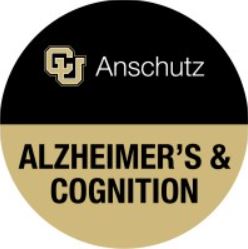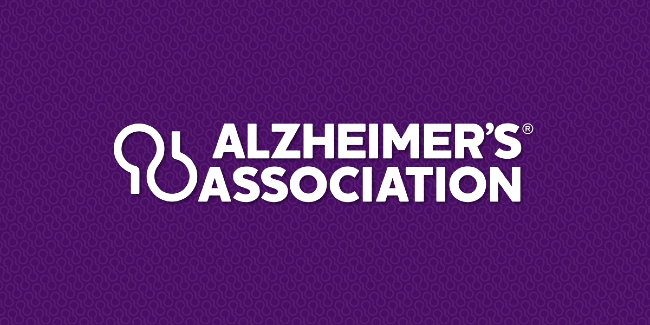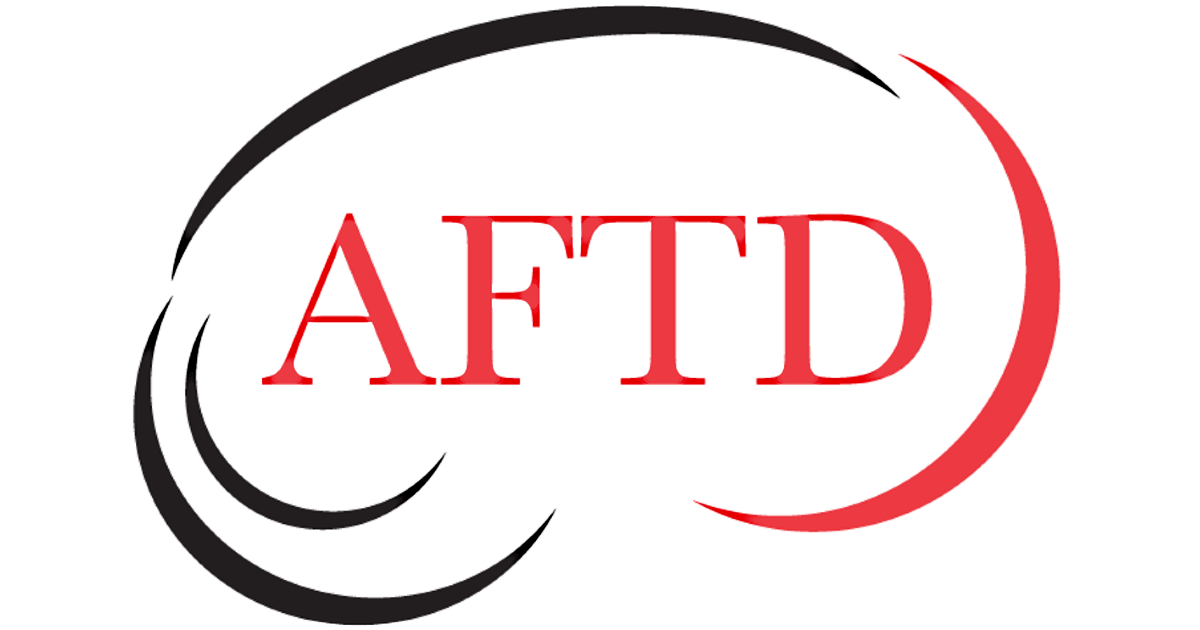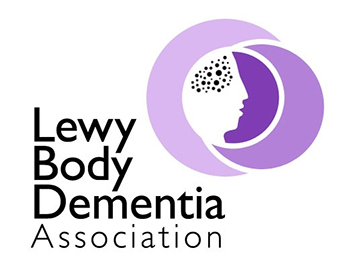ALZHEIMER'S DISEASE/MEMORY DISORDERS RESEARCH
The University of Colorado Alzheimer's and Cognition Center (CUACC) is part of the School of Medicine, Department of Neurology. Their mission is to discover effective early diagnostics, preventions, treatments, and ultimately cures for Alzheimer’s disease and related dementias, through research and clinical care. They believe there is as much to learn from individuals who are healthy as they do from individuals with Alzheimer’s disease.
Get Connected
If you think you may be eligible for one of these studies or if you would like more information, please fill out our Neurology Research Interest Web Form or contact us at N[email protected] or 303-724-4644.
Principal Investigators
Local Neurology Events
No events currently scheduled.
Further Resources

CU Alzheimer’s and Cognition Center
The mission of the CU Alzheimer’s and Cognition Center is to discover effective early diagnostics, preventions, treatments, and, ultimately, cures for Alzheimer’s disease and related neurodegenerative disorders

Alzheimer's Association
The Alzheimer's Association leads the way to end Alzheimer's and all other dementia — by accelerating global research, driving risk reduction and early detection, and maximizing quality care and support.

